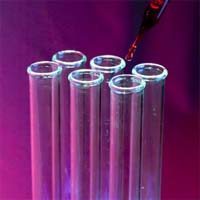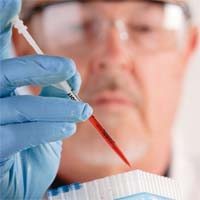Analysis of Three Top Mesothelioma Biomarkers
New research confirms that some mesothelioma biomarkers are much more effective than others for detecting asbestos cancer. The news comes from a study conducted at the Icahn School of Medicine at Mount Sinai in New York. Researchers ran an analysis of more than 50 studies on three popular mesothelioma biomarkers. They concluded that two of them make good mesothelioma screening tools but one of them does not. The Challenge of Early Mesothelioma Diagnosis Mesothelioma is a highly aggressive cancer caused by exposure to asbestos. As with most cancers, the odds of surviving mesothelioma are higher if it is caught early. But mesothelioma does not cause many symptoms in the early stages. This can make it challenging to diagnose. Even…








